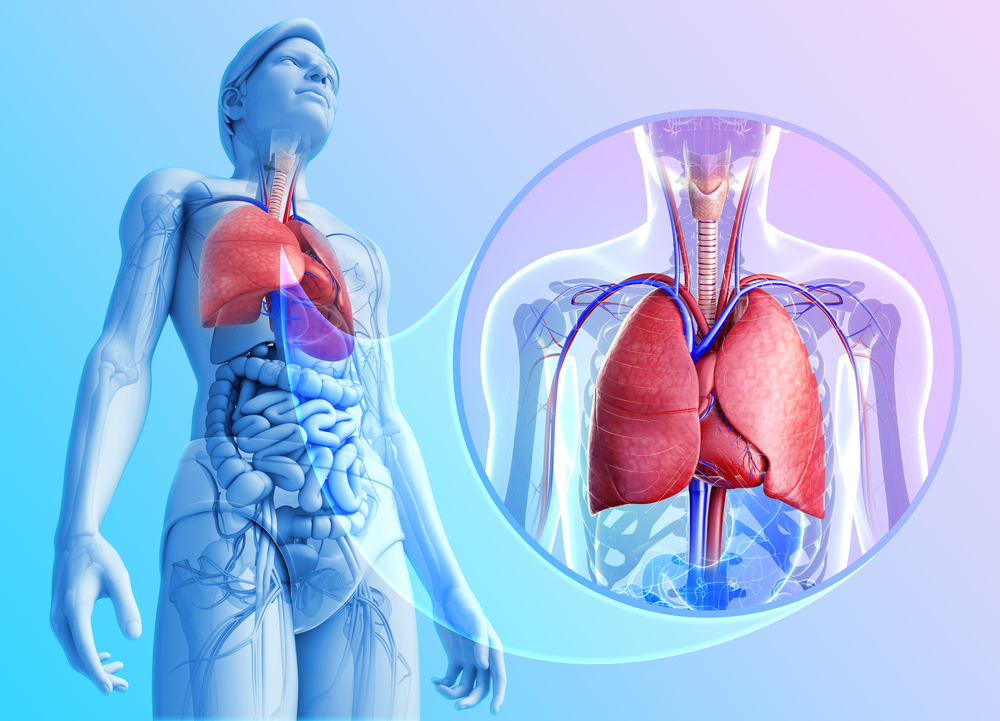A recent study revealed for the first time the rare bronchiolitis obliterans organizing pneumonia caused by gastroesophageal reflux in pediatric patients. The study, entitled “Bronchiolitis Obliterans Organizing Pneumonia Due to Gastroesophageal Reflux,” was published in the journal Pediatrics by Jin-Rong Liu, first author, and Shun-Ying Zhao, senior author, from Beijing Children’s Hospital in China, along with colleagues.
The most frequent causes of bronchiolitis obliterans organizing pneumonia (BOOP) are connective tissue diseases, organ transplantation, drug reaction, and infections. The first description of BOOP was developed during the beginning of 1980s and was described as a clinic pathologic syndrome consisting of subacute illness with respiratory symptoms. The pathogenesis of BOOP has been defined as the presence of polypoid granulation tissue in the distal airways spreading into the alveolar ducts and alveoli, linked with a variable level of interstitial and airspace infiltration by mononuclear cells and foamy macrophages. Gastroesophageal reflux (GER) or aspiration has been described as an unusual cause of BOOP in adults and has been reported to contribute to several pulmonary disorders in adults but has not been described in pediatric patients.
In this study, the research team presented two cases of pediatric BOOP due to GER. The mechanisms by which GER and acid aspiration contribute to BOOP are not well understood, and there are no standard procedures to treat pediatric BOOP. The patients were prescribed antireflux therapy and proton pump inhibitors by a gastreontologist for two months and responded very quickly to the treatment. Concomitantly, corticosteroids were prescribed due to the existence of granulation plugs in the alveoli.
Both pediatric patients had digestive diseases that could explain the incidence of GER. GER has been associated with several interstitial lung diseases, including idiopathic pulmonary fibrosis and organizing pneumonia. Several studies have evaluated the association between aspiration and BOOP in adults however none have addressed this in children. The pathogenesis of lung diseases due to GER is complicated. Gastric juice and its constituents, such as acid, bile, and pepsin, may contribute to promote hypoxemia, abnormal low level of oxygen in the blood, by a variety of mechanisms, including destruction and dilution of surfactant and pulmonary edema from extravasation of intravascular fluids and protein.
Overall, this study seems to suggest that GER should be considered a potentially reversible cause of BOOP.
Glossary of Terms:
[wikibox lang=”en”]Bronchiolitis obliterans organizing pneumonia[/wikibox]
[wikibox lang=”en”]Gastroesophageal reflux disease[/wikibox]

